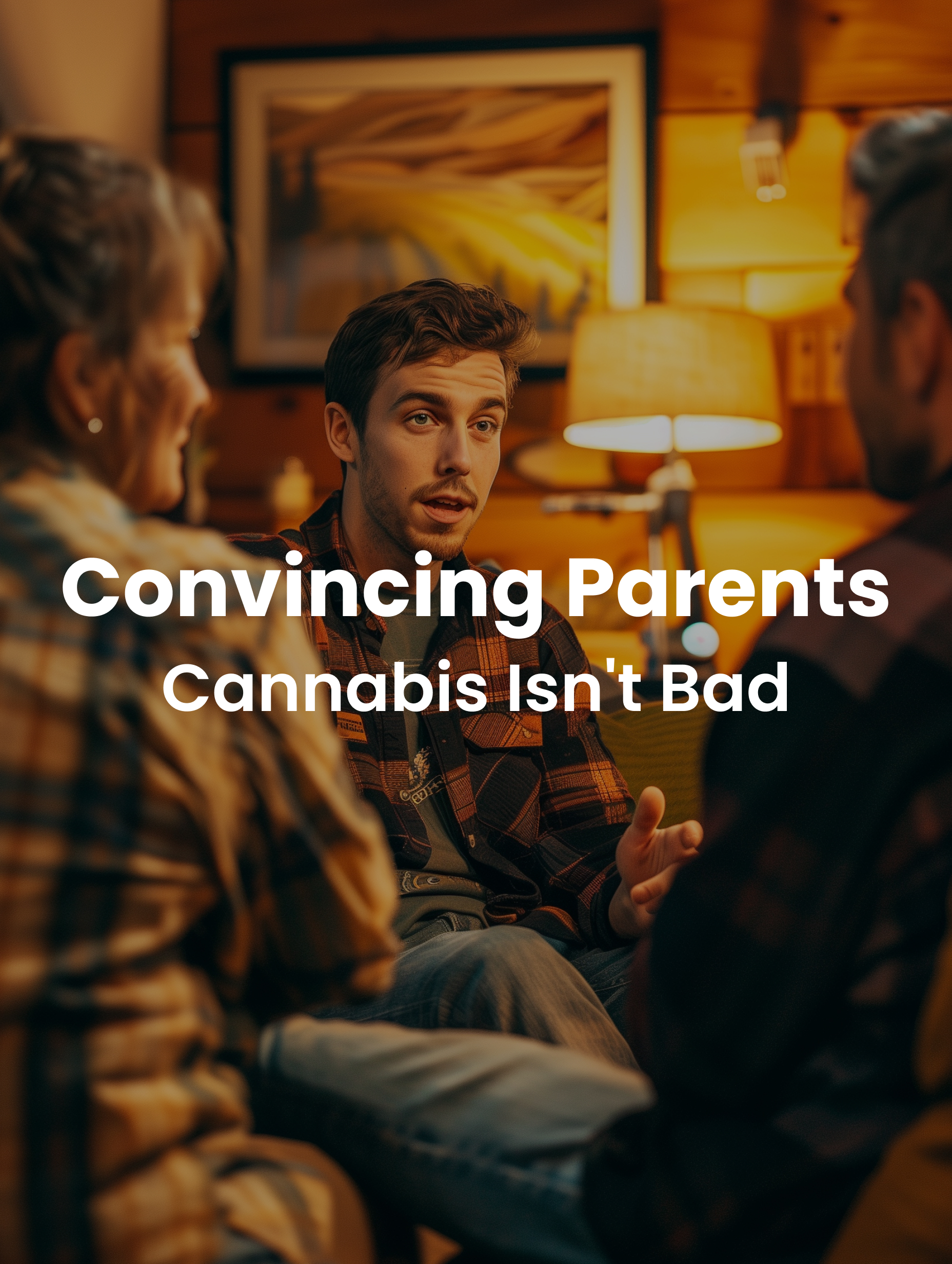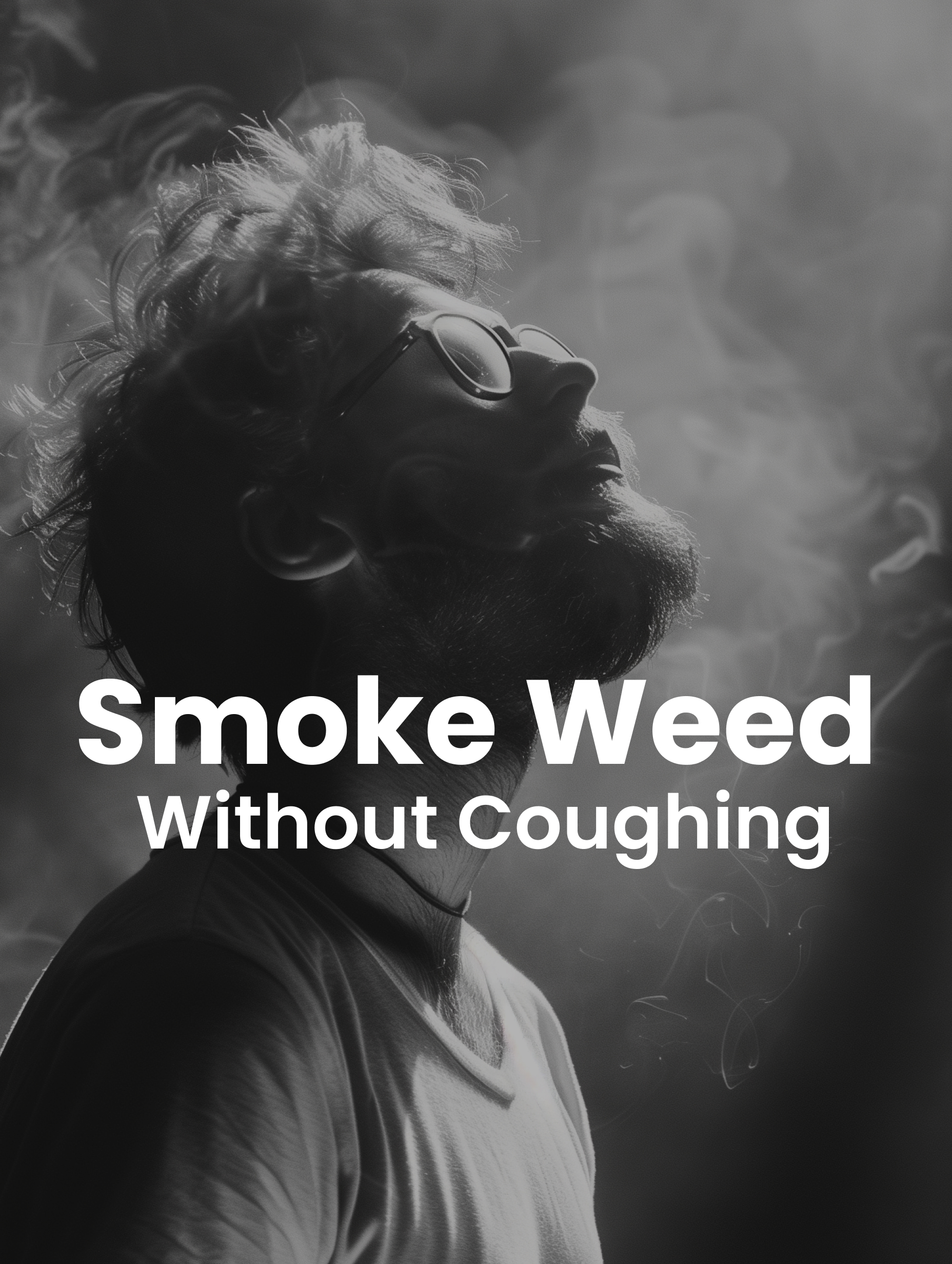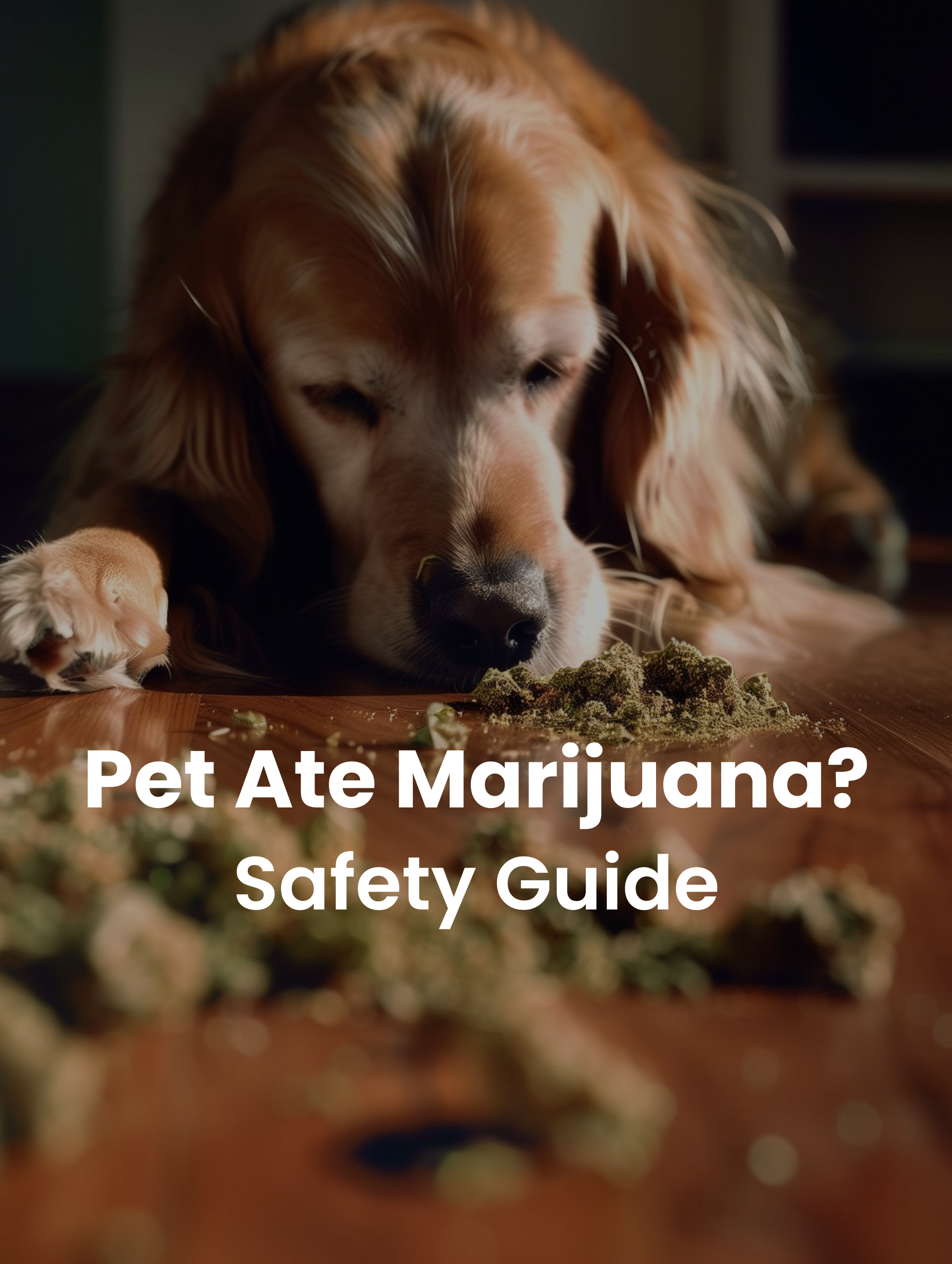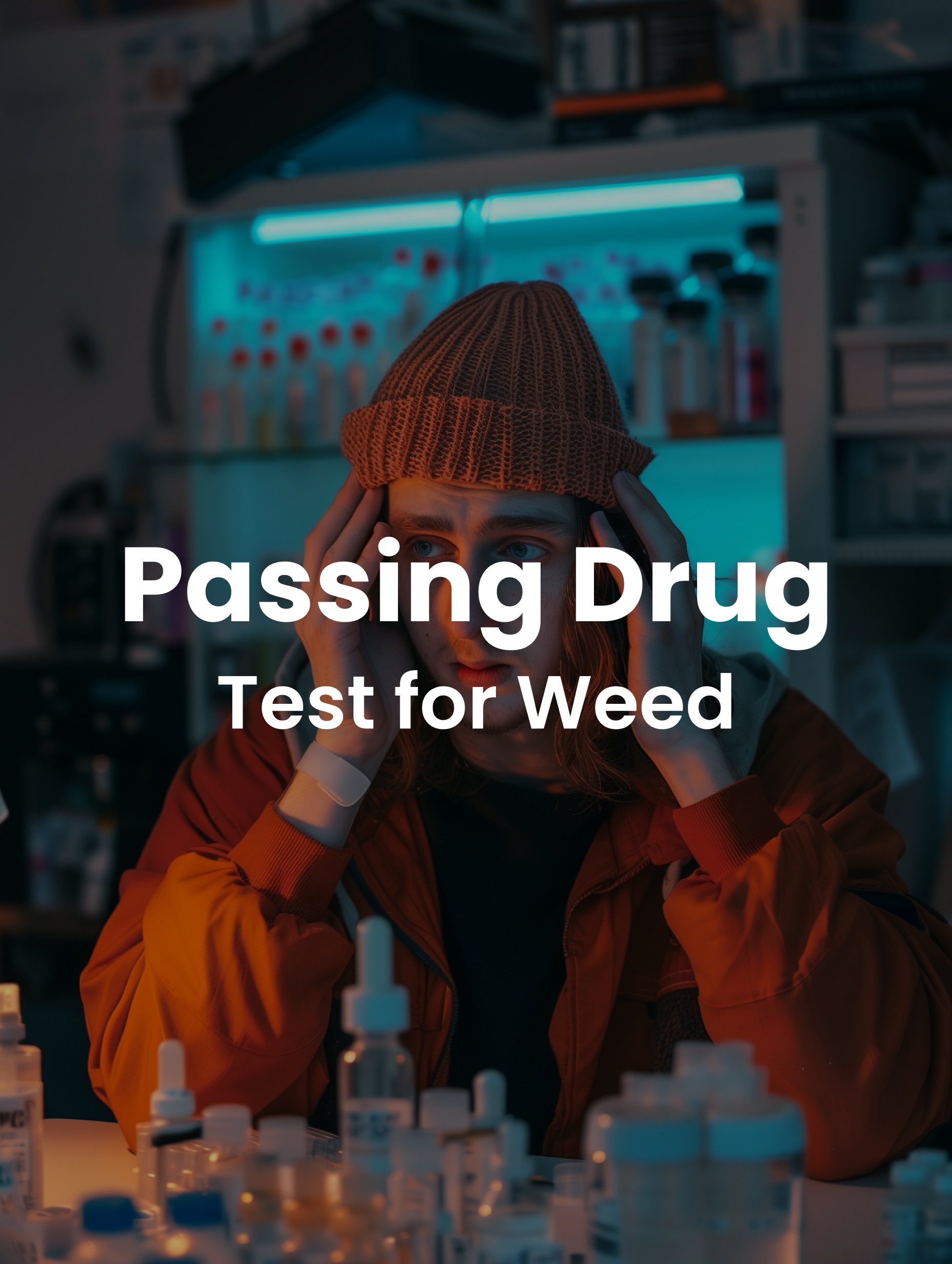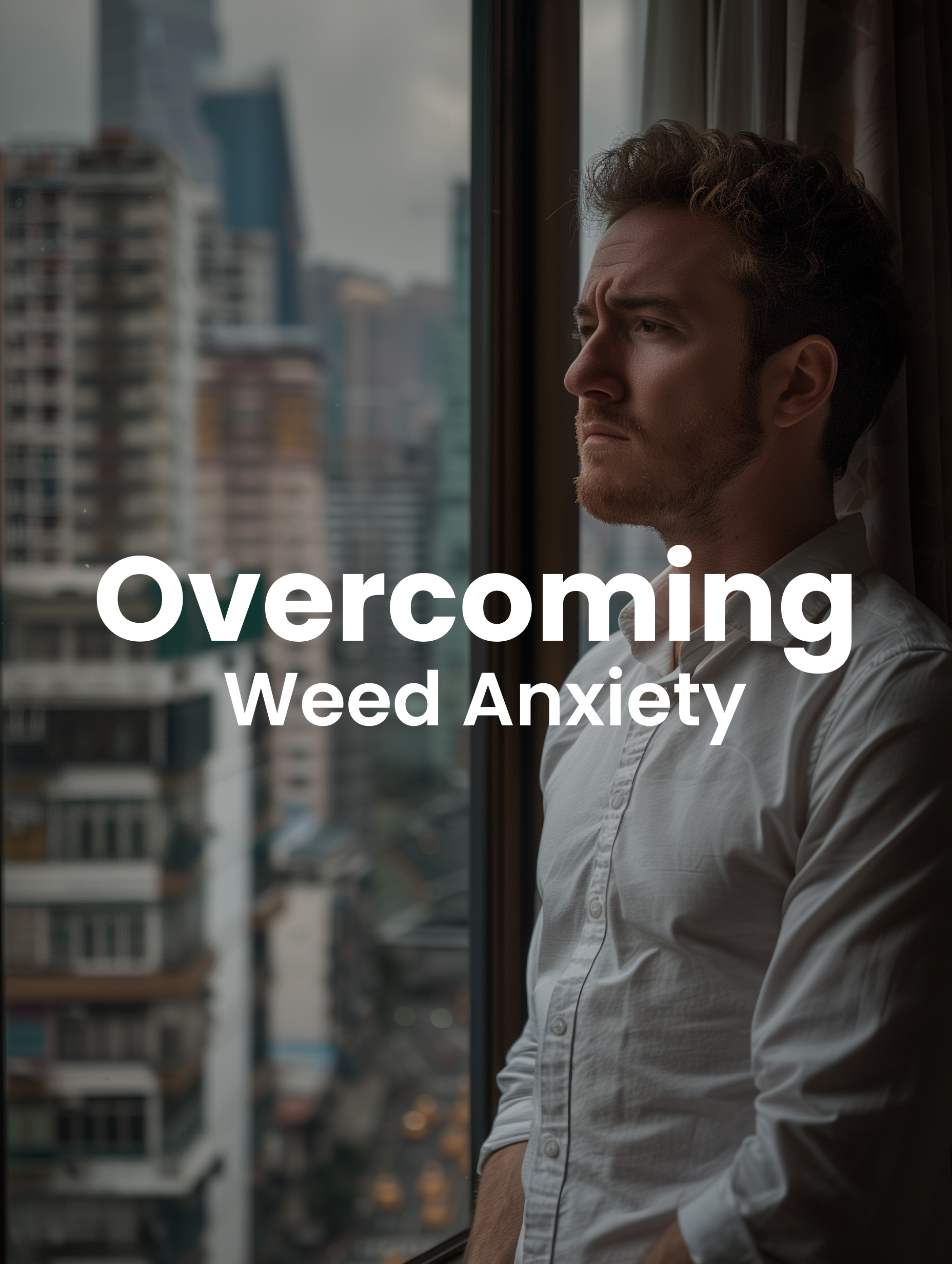How to Talk to Your Kids About Weed
As cannabis becomes increasingly legal and socially accepted in many states including Washington DC it’s important for parents to know how to discuss the topic with their children. While the subject may feel awkward or uncomfortable it’s crucial to have open honest conversations to ensure your kids have accurate information and make responsible decisions.
Research shows that people who use marijuana especially those who start at a young age may be more likely to develop marijuana use disorder and other health problems. Here are some tips for talking to your kids about weed.

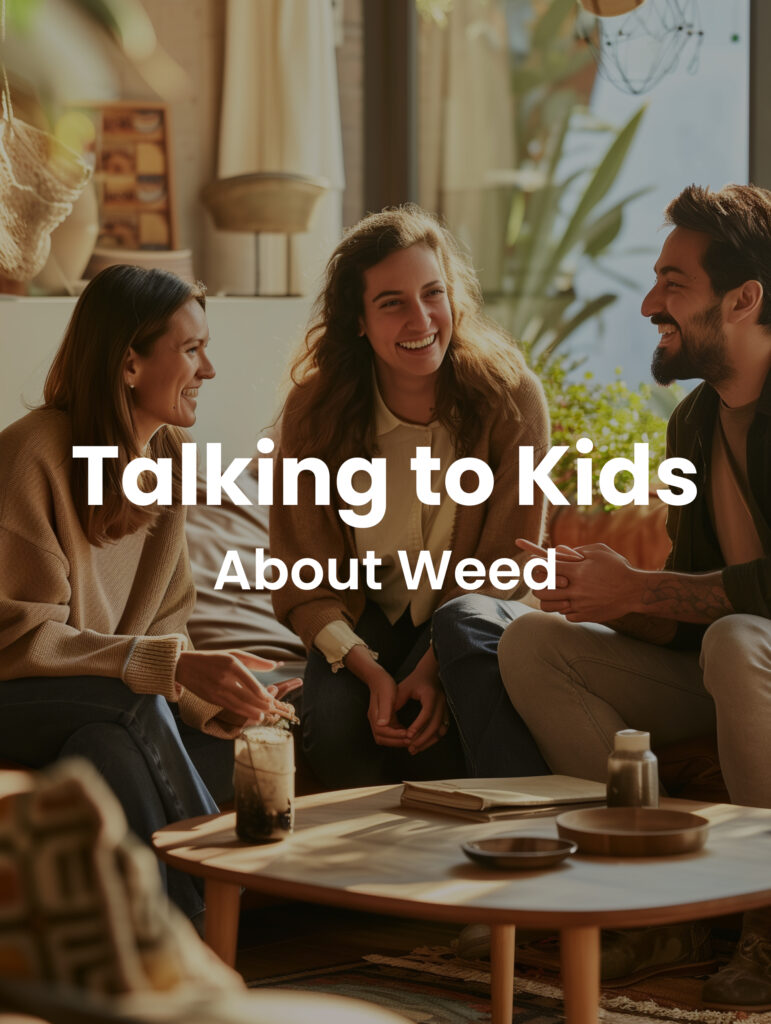
Key Takeaways
- Start discussing cannabis with your kids early and have ongoing age-appropriate conversations
- Provide honest factual information and encourage critical thinking
- Emphasize safety and responsibility for legal adult use and be aware of the risks such as marijuana addiction and mental health problems
- Model responsible behavior if you choose to use cannabis yourself
- Keep the conversation going and stay up to date on the latest research and legal developments
Start the Conversation Early
Don’t wait until your child is a teenager to bring up the subject of cannabis. It’s best to start having age-appropriate discussions when they are younger so it becomes a normal ongoing dialogue. You can begin with basic facts about the cannabis plant and gradually delve into more complex issues like legal status health effects and responsible use as they mature.
For example with young children you might simply explain that some plants like weed are used by some adults but aren’t safe for kids. As they get older you can share more details about how the amount of THC in marijuana affects the brain and body and why it’s important to wait until adulthood if they choose to use it.
Be Honest and Factual
When discussing cannabis with your kids it’s essential to provide accurate unbiased information. Avoid using scare tactics or exaggerated claims as this can backfire and make them distrust your advice. Instead stick to the facts and be willing to admit when you don’t know something.
Some key points to cover include:
- The legal status of cannabis in your state and the consequences of underage use
- The potential health risks especially for developing brains such as the increased risk of mental health problems and marijuana addiction
- The importance of not driving or operating machinery while under the influence of marijuana
- The difference between medicinal and recreational use and how marijuana is consumed such as smoking through a water pipe or buying edibles at a coffee shop
Encourage your kids to ask questions and look up reliable sources together to find answers. Show them how to critically evaluate information and distinguish between credible sources and misinformation.
Emphasize Safety and Responsibility
If your child is of legal age and chooses to use cannabis stress the importance of doing so safely and responsibly. Some key points to cover include:
- Start low and go slow with dosing to avoid overconsumption
- Never drive or operate machinery while under the influence of marijuana
- Avoid mixing cannabis with alcohol or other drugs as this can increase the risk of substance abuse
- Be mindful of the setting and only use in safe legal environments
- Know the signs of problematic use such as withdrawal symptoms when trying to quit and when to seek help
Remind them that just because something is legal doesn’t mean it’s risk-free. Encourage moderation and self-awareness and let them know you are always available to talk if they have concerns.
Model Responsible Behavior
If you choose to use cannabis yourself be mindful of the example you set for your children. Avoid using in front of them and never drive while under the influence. Store your products securely out of reach and sight of curious kids.
Be honest about your own use but emphasize that it’s a choice for adults only. Explain your reasons for using whether for medical or recreational purposes and the precautions you take to use responsibly.
Keep the Conversation Going
Talking about cannabis shouldn’t be a one-time event but an ongoing dialogue. Check in with your kids regularly to see if they have any new questions or concerns. Stay up to date on the latest research and legal developments so you can provide accurate information.
Encourage them to come to you if they ever feel pressured to use or have a negative experience. Reassure them that you are there to support and guide them without judgment.
Final thoughts
Talking to your kids about weed may feel daunting but it’s an important part of parenting in an age of increasing cannabis legalization. By starting early being honest and emphasizing safety and responsibility you can help your children make informed decisions and avoid potential risks.
Remember to keep the conversation going and approach the topic with openness and empathy. With your guidance and support your kids can navigate this complex issue with confidence.
Frequently Asked Questions
What age should I start talking to my kids about weed?
It’s best to start having age-appropriate conversations when they are young and continue the dialogue as they grow. For young children you can start with basic facts about the cannabis plant and gradually delve into more complex topics as they mature.
How can I tell if my child is using cannabis?
Some signs of cannabis use may include bloodshot eyes increased appetite changes in mood or behavior and the presence of drug paraphernalia. However it’s important to note that these signs can have other causes. The best approach is to have open honest conversations with your child and create a safe space for them to come to you with concerns.
What should I do if I find out my child is using cannabis?
First take a deep breath and try to approach the situation calmly.
Express your concerns and listen to their perspective without judgment. Reiterate the risks such as the potential for marijuana addiction and mental health problems and your expectations but also offer support and resources if needed. If their use is problematic or interfering with their life consider seeking professional help.
Can I use cannabis in front of my children if it's legal?
Even if cannabis is legal in your state such as in Washington DC it’s best to avoid using in front of your children. Not only does it set a poor example but it can also lead to secondhand smoke exposure. If you do choose to use be discreet and emphasize that it’s a choice for adults only.
What if I don't feel comfortable talking to my kids about cannabis?
It’s normal to feel awkward or unsure when discussing sensitive topics with your children.
However it’s important to push past that discomfort and have the conversation anyway. You can start by educating yourself on the facts and seeking advice from trusted sources. Remember you’re not alone and there are many resources available to help guide these conversations.
The statements on this blog are not intended to diagnose, cure, treat or prevent any disease. FDA has not evaluated statements contained within the blog. Information on this website or in any materials or communications from Inheal is for educational/informational purposes only and is not a substitute for medical advice, diagnosis, or treatment. Please consult your healthcare provider before making any healthcare decisions, correct dosage or for guidance about a specific medical condition.

A connoisseur of cannabis creativity and true contemplation with more than 20 years of experience, Chris extracts deep thoughts from getting lightly baked and shares his wandering mind. He blends cuisine and cannabis culture into nutritious, delicious recipes and insights for other hemp lovers.
Related Posts

How to Convince Your Parents Cannabis Use Isnt Bad

How to Smoke Weed Without Coughing: 10 Tips for a Smooth Hit

Cannabis and Sex: Tips for Better Sexual Intimacy

What to Do If Your Pet Accidentally Eats Marijuana

Weed and Studying: How to Use Cannabis for Better Focus

How to Sober Up from Weed Fast: Effective Strategies

How to Pass a Drug Test for Weed: Tips and Strategies

How to Hide the Smell of Weed in Your Room

How to Overcome Weed Anxiety and Paranoia
All Posts


